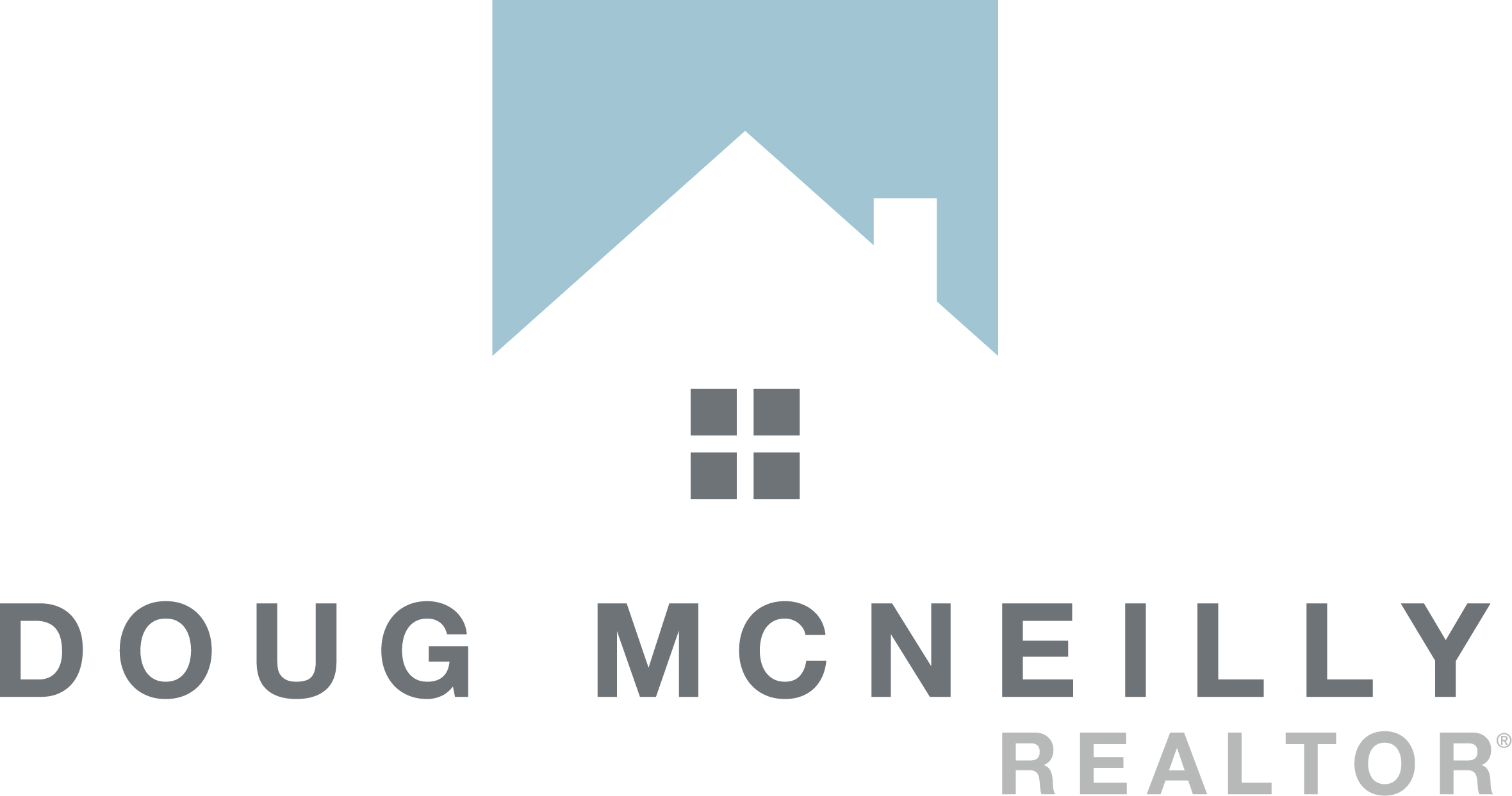To start….buying a condominium can be a great way to get more square footage compared to a single family home, although in the Greater Boston housing market, condominiums can be just as expensive as a single family home and have equivalent square footage. Condominiums are appealing for those who want maintenance-free living. In the end, having a condominium is a decision to live where you agree to use common funds for the betterment of the community. You pay into those common funds via a condo fee. Buyers often ask about the main components of the condo fee.
Condo fees vary both in cost and what they cover from association to association. Generally, they relieve the homeowner from exterior and yard maintenance. All owners must pay the fee – which is normally paid monthly. The fee is usually determined based on the size of the unit and amenities offered in the complex – amenities such as a pool, clubhouse, elevators, etc. – can add to the cost and are set annually by a Board of Directors that are also owners in the complex. Fees typically go up over time as expenses increase. There are two main areas the condo fee goes towards – ongoing / recurring expenses and reserves
Ongoing / Recurring Expenses
These are expenses that are paid weekly, monthly, and annually. They are normally ongoing expenses that are planned. Items such as seasonal landscaping maintenance / grass cutting, snow removal, cleaning of the common areas, utilities (for the common areas), annual inspections / maintenance, garbage / recycling, association insurance and liability insurance, taxes on the common elements, management fees, and more depending on the complex.
Reserves
Reserves are for items that are not ongoing or recurring but are generally planned and are larger expenditures. Funds are put aside each month little by little so when the funds are needed, the funds are available. These are typically known expenses that can be planned for. Items such as a roof replacement, painting, repaving, and other items would be included here. Also, reserves cover variances on planned expenses such as an excessively snowy winter or unplanned expenses such as an insurance deductible.
Special Assessment
The association may charge additional fees if there are insufficient funds to cover major improvements. Ideally, the condo fee should reflect planned future expenses, as these are known. An association with a history of special assessments might reflect less than ideal management practices. Ideally, there should be no special assessments other than extraordinary events such as a natural disaster or a large increase in scope to a planned project.
What Condo Fees Don’t Cover
Unit owners are responsible for the repair and replacement and upkeep of everything inside the condo unit and sometimes the windows and doors. The Association often covers insurance for the building and common area, but not for the personal contents of the units and the fixtures inside the units. Your insurance professional should review the master policy to ensure there are no coverage gaps between the master and individual policies.
This is meant to be a high-level overview of the different parts of the condo fee. Upcoming articles will go into more detail. Overall, the condo fee, other than the management fee, reflect what most home owners pay out on their own properties – day to day expenses are covered by the monthly budget and larger expenses are budgeted for over time.
Doug McNeilly is a REALTOR® with Coldwell Banker Realty in Wayland, Massachusetts. He specializes in Wayland, Sudbury, Natick, Framingham and the Greater Boston Metro West Area. He can be reached at doug.mcneilly@nemoves.com or www.dougmcneillyhomes.com


 Facebook
Facebook
 X
X
 Pinterest
Pinterest
 Copy Link
Copy Link

